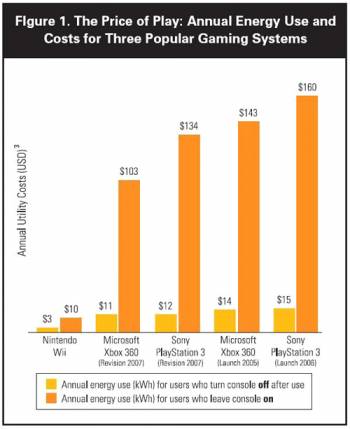January is also a good time to start your Iron Man Challenge and get rewarded for playing in your favorite ring games and tournaments.
One of your first and more profitable New Year's resolutions might be to take notes on your opponents. In this week's tip, Paul Wasicka stresses the importance not just of note taking - but doing it right.

Play Online Poker
172
Taking Online Notes on Opponents
Paul Wasicka
1st January 2009
When you’re at the table playing live poker, the only notes you can take - at least inconspicuously - are mental ones. Online, however, you’re granted a tremendous opportunity that doesn’t exist in live play. It’s important to take advantage of this and keep notes on your opponents. If you’re going to do this, you need to do it right. This means including key details to give the notes relevance when you find yourself calling upon them later.
One thing that many poker players overlook is the importance of including the date. I always type the date alongside my note on a player so that if I come across that note when playing against him six months later, I’ll know to follow it with caution because a player’s style can change greatly in that time span. On the other hand, if I were to play him again a few days later, chances are he hasn’t overhauled his game too drastically in that time period.
The first time that I observe a specific trait about someone, I’ll follow it with a question mark. So if I saw someone try to bluff with King-high after being checked to twice, I could make a note like: “Feed this player some rope and they won’t be able to resist?” Since I’m basing the note on a sample set of only one hand, I use the question mark. If I see the player bluff like that two or three more times, I’ll delete the question mark. Just because you see something one time, it doesn’t mean it’s a staple of that person’s game.
It’s also important to make your notes as detailed as possible. Something like “has no clue how to handle short-stacks” is a decent starting point, but you want to follow it up with specifics so the note resonates in the future. You’ll want to add more information, such as: “Called a short-stack’s $70 open out of position with pocket 4s and check-raised all in with three over-cards and no draw.” A note like that says it all.
One thing that I always make a note of is any player who posts blinds the instant they sit down at a cash game instead of being patient enough to wait for it. Are they really that desperate to play a hand? Posting out of position is terrible play, especially under the gun. It demonstrates impatience. I prefer to write a note and include their stack size, something like: “2nd position post with a 20 BB stack.” That tells me a lot about how impatient this person is.
Of course, there are two sides to every aspect of poker; always remember that other people may be taking notes on you. This serves as an excellent reason to constantly mix up your play. It’s crucial to adapt your game, especially online, because people are looking for patterns much more than in live play. If you get caught bluffing and lose some money, that isn’t necessarily a bad thing. If you think your opponents paid attention to that and might have taken a note on it, use that knowledge against them. Let them think you’re aggressive and then get them to pay off your value bets when you make a hand.
You can go so far as to take notes on how you think your opponents view your play; that’s how comprehensive and advanced they can be. Start by simply taking notes on your opponents’ tendencies. If you include the right details, you’ll be rewarded in future pots with those players.

Play Online Poker
















 3
3 2
2
 .
.










